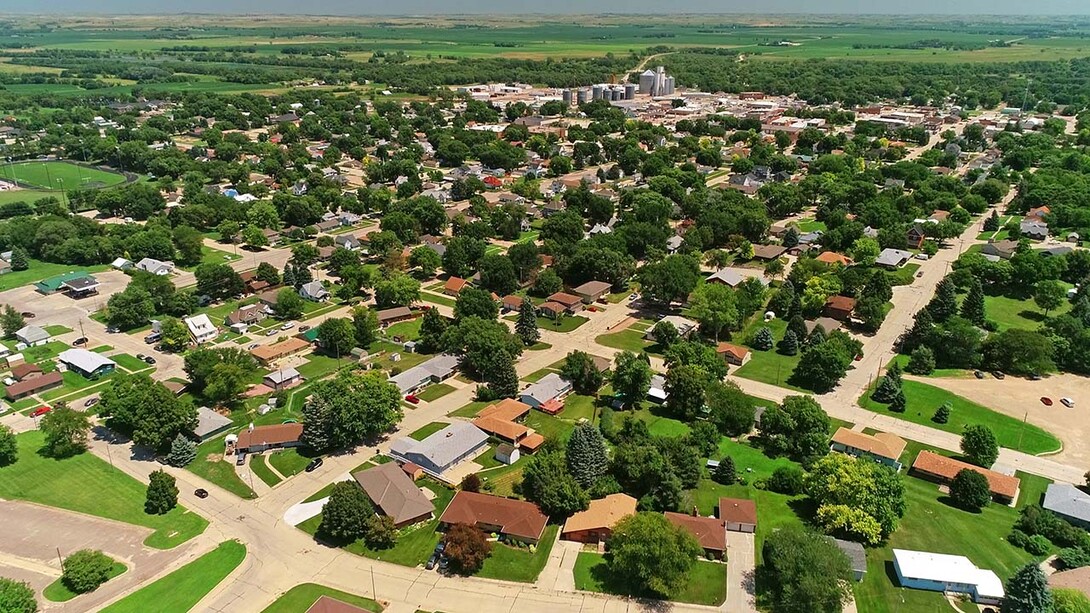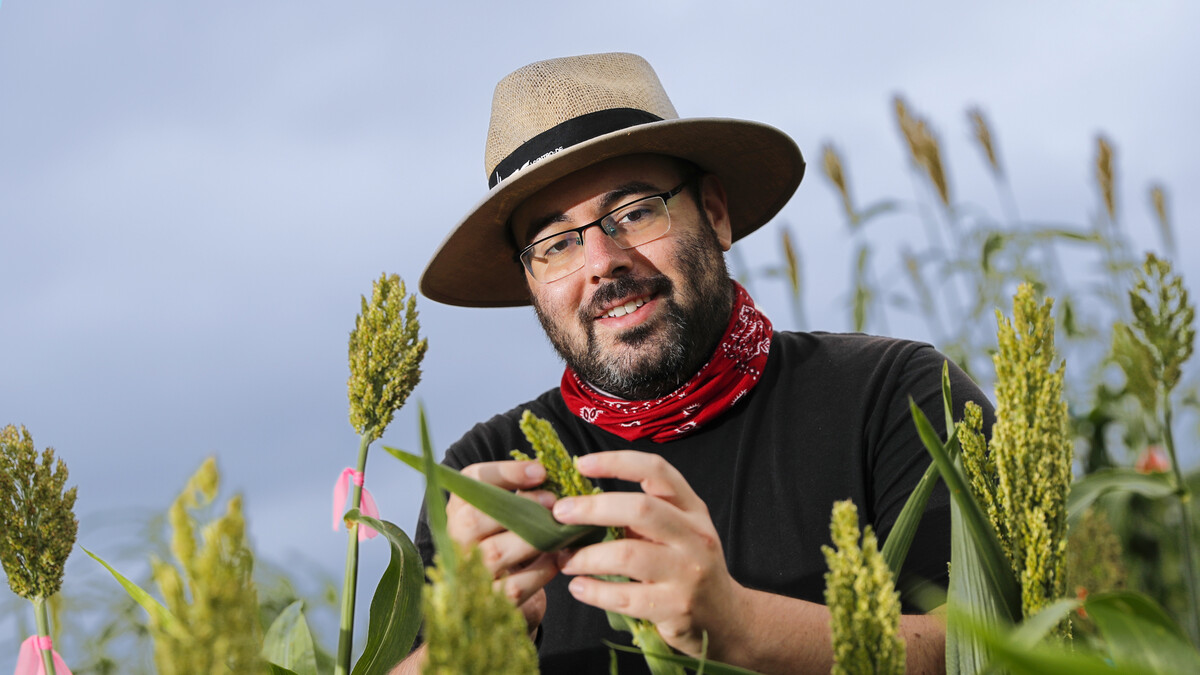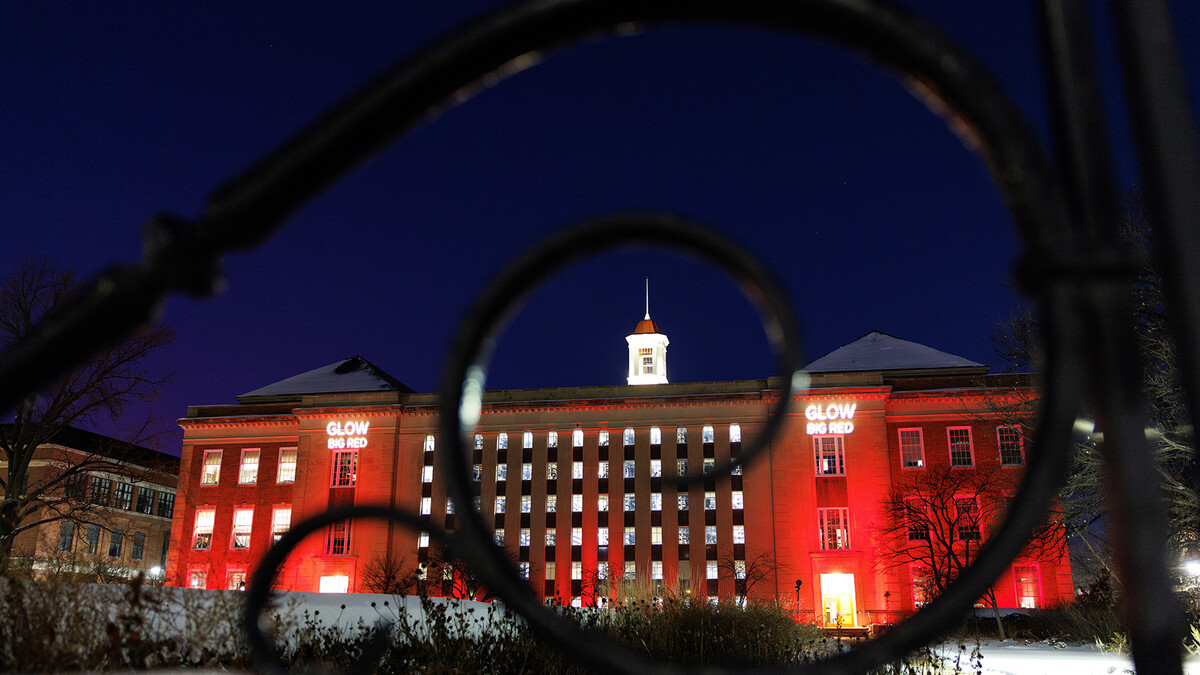
While rural Nebraskans have mixed opinions about the impact of immigration on rural Nebraska, those more likely to have lived alongside recent immigrants have more positive views, according to the 2019 Nebraska Rural Poll.
Overall, 38% of respondents to the Rural Poll — the largest annual poll of rural Nebraskans’ perceptions on quality of life and policy issues — agree that immigrants strengthen rural Nebraska, while 30% disagree. One-third agree that on balance immigration has been good for rural Nebraska, while 27% disagree. At least one-third of rural Nebraskans neither agreed nor disagreed with both statements.
Experience with immigrants appears to be related to perceptions of immigration, a survey official said. Persons living in or near larger communities, who are more likely to be aware of recent immigrants in their community, are more likely than those living in or near smaller communities to agree that immigrants strengthen rural Nebraska. Similarly, the poll found that persons living in both the south-central and northeast regions, which are more likely to be aware of recent immigrants in their community, are more likely than those living in other regions to agree that immigrants strengthen rural Nebraska.
Younger persons are more likely than older persons to agree that immigrants strengthen rural Nebraska. Just over half of persons 19 to 29 agree with the statement, compared to 31% of those 65 and older. Looking at immigration trends, Nebraskans 29 and younger are likely to have grown up with more foreign-born immigrants.
“Overall, there is a consistent theme from the data,” said L.J. McElravy, associate professor of youth civic leadership at the University of Nebraska–Lincoln. “Respondents believe immigrants strengthen rural Nebraska when they are more likely to interact with immigrants, whether that exposure is a result of where they live or their age.”
The poll also found that rural Nebraskans have concerns about language issues and the effect illegal immigration may have on wages. Eighty-four percent of rural Nebraskans surveyed agree that immigrants should learn to speak English within a reasonable amount of time. In addition, half of respondents disagree that communities should communicate important information in other languages as well as English. And 44% agree that undocumented immigrants drive down wages in rural Nebraska, while just under one-quarter disagree.
When asked about immigration policies, most rural Nebraskans surveyed agree with policies that try to prevent illegal immigration. Almost three-quarters agree that government should tighten borders to prevent illegal immigration, and about the same proportion agrees that businesses employing undocumented workers should be penalized. Almost two-thirds agree that undocumented immigrants should be deported. A similar percentage disagree that the government is too aggressive in deporting those who are in the United States illegally.
However, many respondents also support a pathway to citizenship for undocumented workers. Sixty-two percent agree that an undocumented immigrant who has been working and paying taxes for five years or more should be allowed to apply for citizenship, and slightly less agree that there should be a way for undocumented immigrants who meet certain requirements to stay in the country legally. Seventy percent agree that immigrants who were brought to the U.S. illegally as children should be allowed the chance to become U.S. citizens if they meet certain requirements over a period of time.
Many opinions about immigration policies remain about the same as they were in 2006, the last time immigration questions were asked in the Rural Poll. However, fewer rural Nebraskans today support the government tightening borders to prevent illegal immigration than did in 2006. Then, 83% of respondents agreed that the government should tighten borders. In 2019, this fell to 74%. And, the proportion who agree that an undocumented immigrant who has been working and paying taxes for five years or more should be allowed to apply for citizenship increased slightly, from 58% in 2006 to 62% this year.
“The poll results mirror the tensions we see across the country in terms of immigrants and immigration — respondents tended to be evenly split across a variety of the questions,” said Jason Weigle, associate extension educator with Nebraska Extension. “On the balance, though, respondents wished to see a pathway for undocumented migrants who have been trying to be productive members of American society to become residents. Focusing on opportunities for integration across the state can help Nebraska move forward positively.”
This year’s Rural Poll was mailed to 6,260 randomly selected households in nonmetropolitan counties in March and April. One-thousand-seven-hundred-seventy-six households responded, a rate of 28%. The margin of error is plus-or-minus 2%. View complete results.
The university’s Department of Agricultural Economics conducts the poll with funding from Nebraska Extension and the Nebraska Rural Futures Institute.







